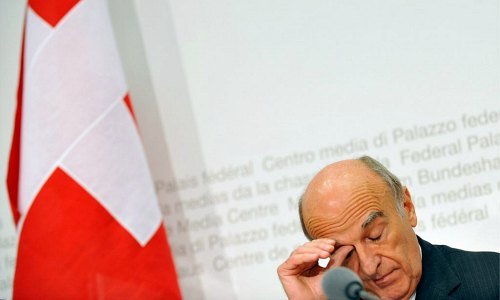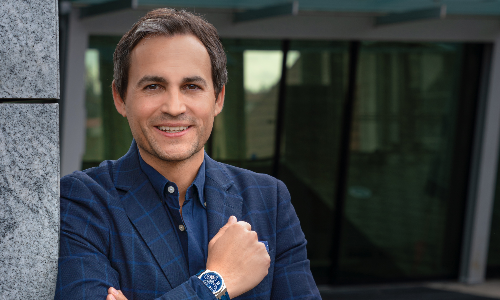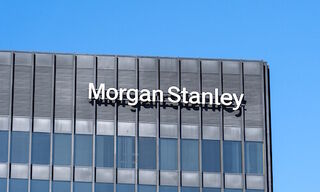Switzerland's former finance minister said preparations to rescue UBS in 2008 gave him a heart attack – literally.
Hans-Rudolf Merz was Switzerland's finance minister as the financial crisis of 2008-09 unfolded.
UBS was suffocating under the weight of billions in write-downs on mortgage securities and ill-fated bets from an in-house hedge fund, Dillon Read Capital Management. Singapore's sovereign wealth fund had taken a more than 7 percent stake in the Swiss bank months before.
A veteran politician and finance expert, Merz was 65 years old at the time and by his own account in very good health. However, a look into UBS' troubled books changed everything, the reclusive politician divulged in a rare interview.
«Momentary Overload»
Merz suffered a heart attack and went into a coma on a Saturday in late September, roughly one week after Lehman Brothers collapsed.
Merz says he is convinced he had the heart attack because of a «momentary overload» due to UBS' rescue, the former politician says in a wide-ranging interview with «Neue Zuercher Zeitung» on Wednesday.
A cabinet colleague, Eveline Widmer-Schlumpf, took on his post temporarily and went on to orchestrate a government and central bank-led rescue of the troubled Swiss bank almost exactly one month later.
«Knocked Me Over»
«On the day it [heart attack] happened, I learned that the Swiss National Bank and the government would have to guarantee as much as 60 billion Swiss francs – 60 billion! Three times as much as we had reduced [government] debt!»
Merz said officials in Bern knew that UBS would need bailing out and were prepared to do so, but had vastly underestimated the bank's losses due on mortgage securities, which topped $50 billion.
«It simply knocked me over,» Merz said.
Stepped Down in 2010
Merz eventually recovered and returned to work, well after the bailout of UBS and after Credit Suisse raised capital privately from Qatar's ruling family. He stepped down permanently almost exactly two years later.
The Swiss government went on to make a considerable profit on the stake it took in UBS, offloading it in 2010 at what translated to an annualized rate of return of about 32 percent.
The bank spent several billion in 2013 to buy back the so-called stability fund, a pool of toxic assets that the Swiss central bank had taken over management of as part of the rescue.

























